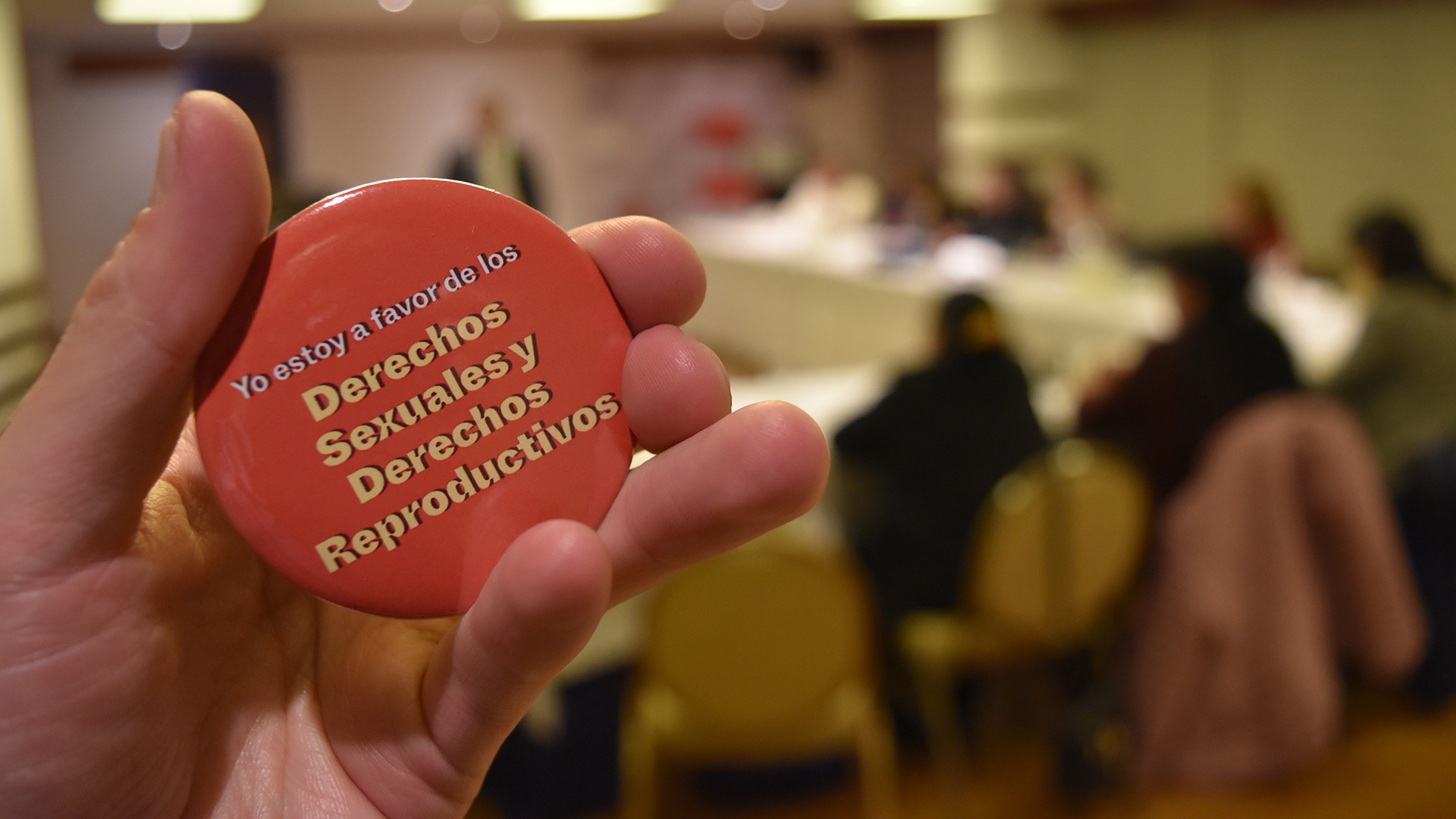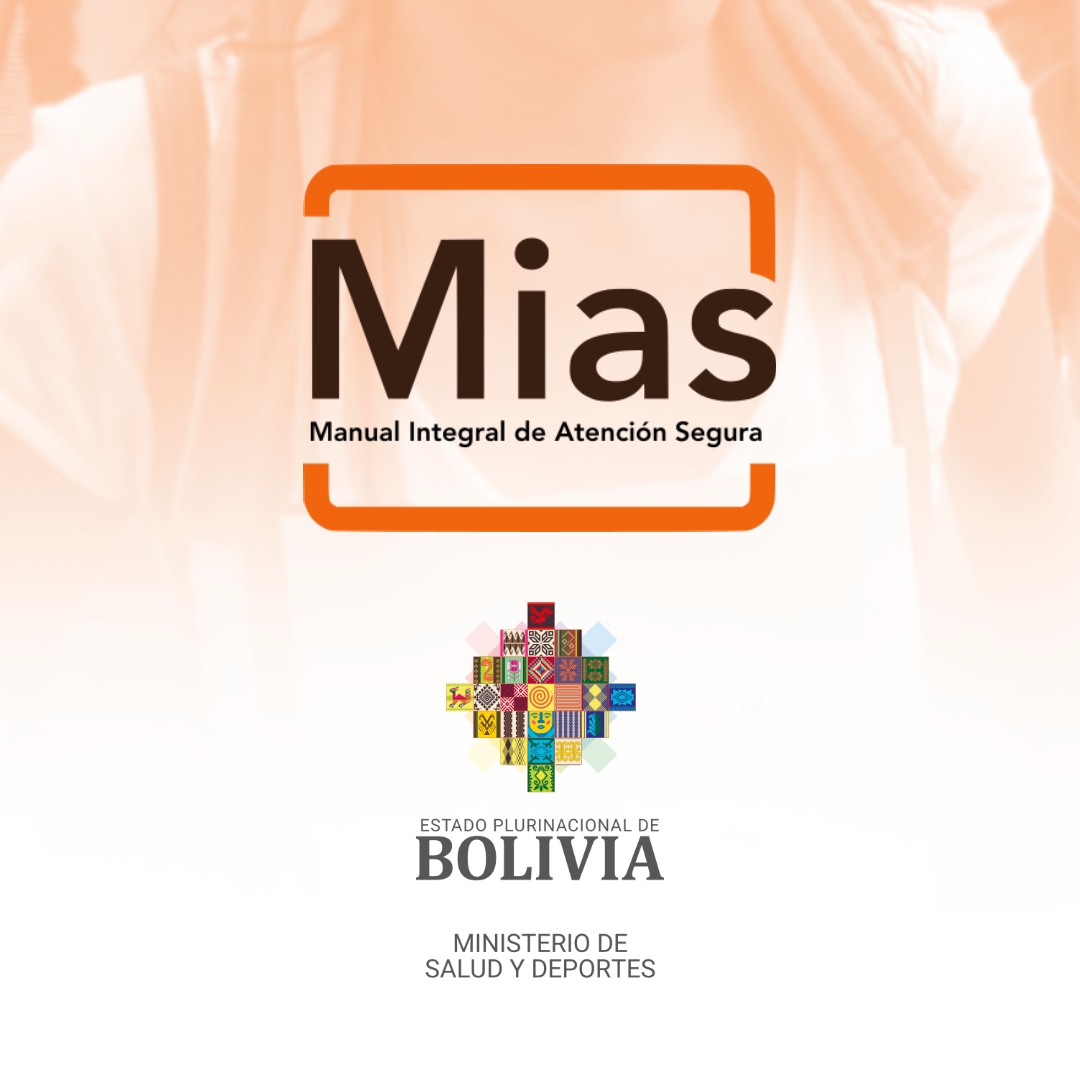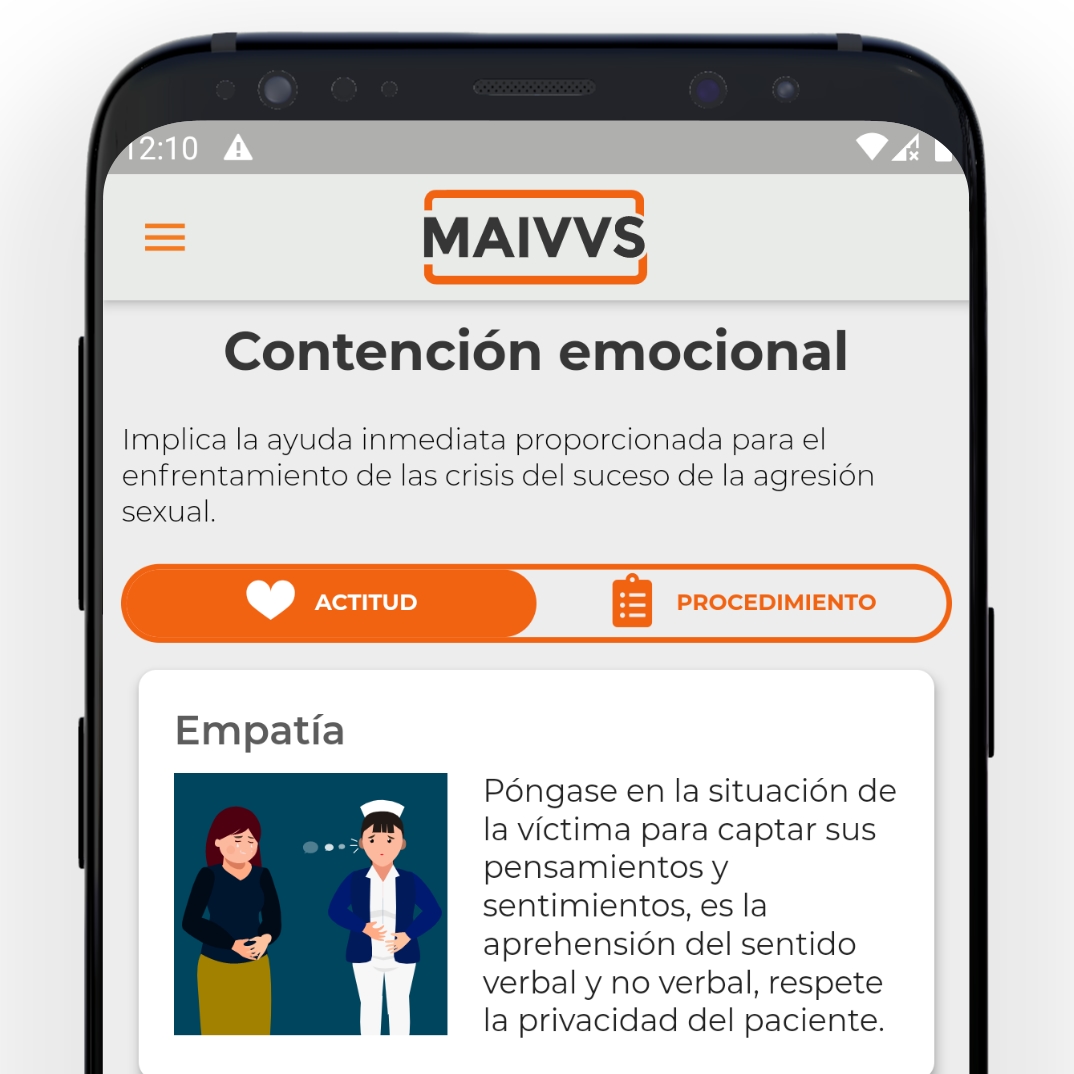The U.S. Food and Drug Administration (FDA) approved the first birth control pill to be sold without a prescription, a milestone that could expand women’s access to contraception in the country. The pill – whose trade name is Opill – will be available in pharmacies, stores and supermarkets, as well as for sale on the Internet, the FDA announced in a statement. The company that manufactures it, Dublin-based Perrigo, said sales will begin in early 2024.
“Today’s approval marks the first time that a daily oral contraceptive without a prescription will be an option available to millions of people in the United States,” Patrizia Cavazzoni, director of the FDA’s Center for Drug Evaluation and Research, told reporters. She added that “when used as directed, daily oral contraception is safe and is expected to be more effective than currently available over-the-counter methods of contraception to prevent unintended pregnancy,” such as condoms, spermicides and other over-the-counter options. The directions state that, to be effective, the pill must be taken every day at the same time.
Opill could be especially useful for young women, teenagers and people who have difficulty dealing with the time, cost or logistical hurdles of going to a doctor’s office to get a prescription, reproductive health experts said after hearing the news, according to The New York Times.
While selling the pill freely and without age limits ensures wider access, it is not yet known what the price will be, a key factor in determining how many women will actually be able to buy it. The company said that information will be known in the coming months, although Frédérique Welgryn, Perrigo’s global vice president of women’s health, reaffirmed in a statement the commitment to make it an “accessible and affordable method of contraception for women and people of all ages.”
Nearly half of the 6.1 million pregnancies that occur each year in the United States are unintended, the FDA recalls in the statement, and warns that these are pregnancies that can lead to “negative maternal and perinatal outcomes,” such as “reduced likelihood of early prenatal care and increased risk of preterm delivery, with associated adverse neonatal, infant, and developmental health outcomes.” In that sense, it points out that “the availability of Opill without prescription can help reduce the number of unwanted pregnancies and their potential negative impacts”.
A light in a dark scenario
The FDA’s decision comes at a time when the United States is witnessing an unprecedented onslaught on sexual and reproductive rights, especially after the Supreme Court’s ruling that last year overturned Roe v. Wade and thus eliminated the constitutional right to abortion throughout the country.
Planned Parenthood, a leading reproductive health organization, said the approval of Opill marks “a historic moment for health equity, sexual health and reproductive rights,” and celebrated the FDA’s demonstration that it “follows the science and removes an unnecessary barrier to accessing basic medical care.” The organization clarified that the measure “is not a solution to the ongoing attacks on access to abortion and sexual and reproductive health” in the country, but acknowledged that access to contraceptives “is a critical part of protecting” reproductive freedom, especially as states “continue to redouble their unpopular abortion bans and restrictions.”
For her part, Ibis Reproductive Health president Kelly Blanchard told the Los Angeles Times that this is “a real transformation in access to contraception.” “We hope this will help people overcome those barriers that exist now,” she added.
Although anti-abortion groups have indicated that they are not opposed to contraception, nothing ensures that the anti-sexual and reproductive rights wave will not at some point include contraception. In fact, the ruling that overturned Roe v. Wade included a separate opinion from one of the Supreme Court’s most conservative justices, Clarence Thomas, in which he suggested the other justices review the 1965 ruling that endorsed the use of contraceptives, as well as other cases such as the one legalizing equal marriage or an earlier one that ended the ban on same-sex sexual relations.















